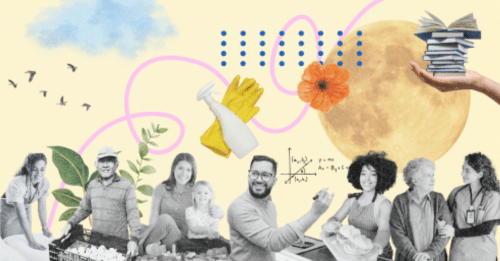9/11 Changed Everything and Its Echoes Are Louder Under Trump’s America
The legacy of 9/11 has shaped the way we travel, the surveillance we accept, and the policies we live under. And much of this legacy has been compounded by policy changes under the Trump administration.
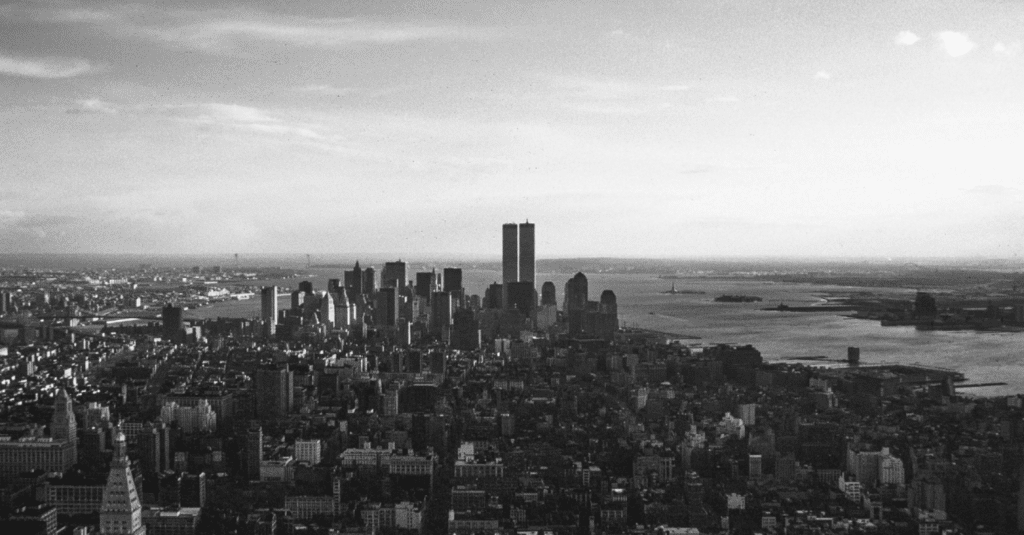
The tragic events of September 11, 2001, left a permanent mark on the U.S. and the world. While it’s been over 20 years since that day, the impact it had can still be felt to this day. There’s a before and an after 9/11. Whether we were closely affected by it or not, all of our lives were changed by it. While these changes have become normalized over two decades, recent policies under the Trump administration have reignited and, in many cases, intensified the very fears, divisions, and restrictions born in the aftermath of 9/11. From immigration crackdowns to expanded surveillance and militarized responses, the echoes of 2001 now feel even louder in 2025.
Increased Airport Security
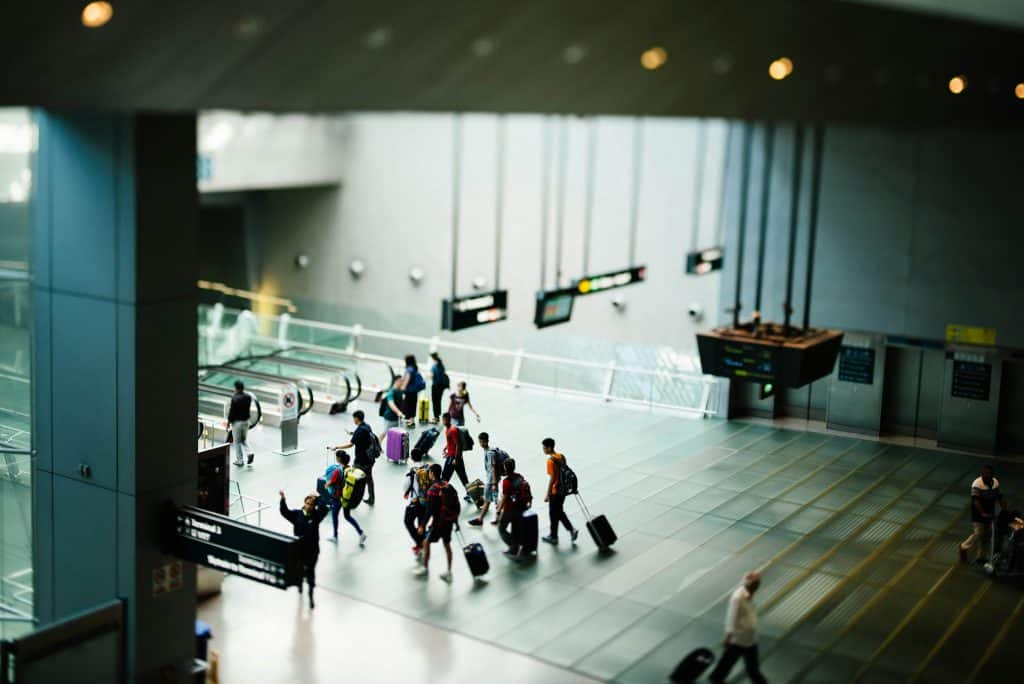
Before 9/11, airport security was significantly more relaxed. The Transportation Security Administration (TSA) was created in response to the attacks, and now, procedures like removing shoes, restricting liquids, and full-body scans are routine. While these steps have become a regular part of the travel experience, they were a direct response to 9/11 and an effort to prevent future terrorism.
Under Trump, these security protocols were expanded into immigration enforcement. TSA agents and Customs and Border Protection are now directed to more aggressively check not only for weapons but also immigration status and travel history, particularly for people from Muslim-majority nations or countries flagged in Trump’s travel bans. In practice, what began as terrorism prevention now doubles as immigration control, disproportionately impacting immigrant travelers.
The Rise of Surveillance
After 9/11, surveillance of both foreign and domestic communications rose to new heights. The Patriot Act, passed shortly after the attacks, gave government agencies broader powers to monitor phone calls, emails, and internet activity. The overall awareness of privacy concerns in today’s digital age, especially when it comes to social media and apps, is a consequence of that rise. Under Trump, Federal agencies began monitoring activists, journalists, and immigrant communities under the same “national security” logic born out of 9/11. Trump also pushed for monitoring social media accounts of visa applicants and travelers, essentially making digital surveillance a precondition for entry into the U.S..
Stricter Immigration Policies
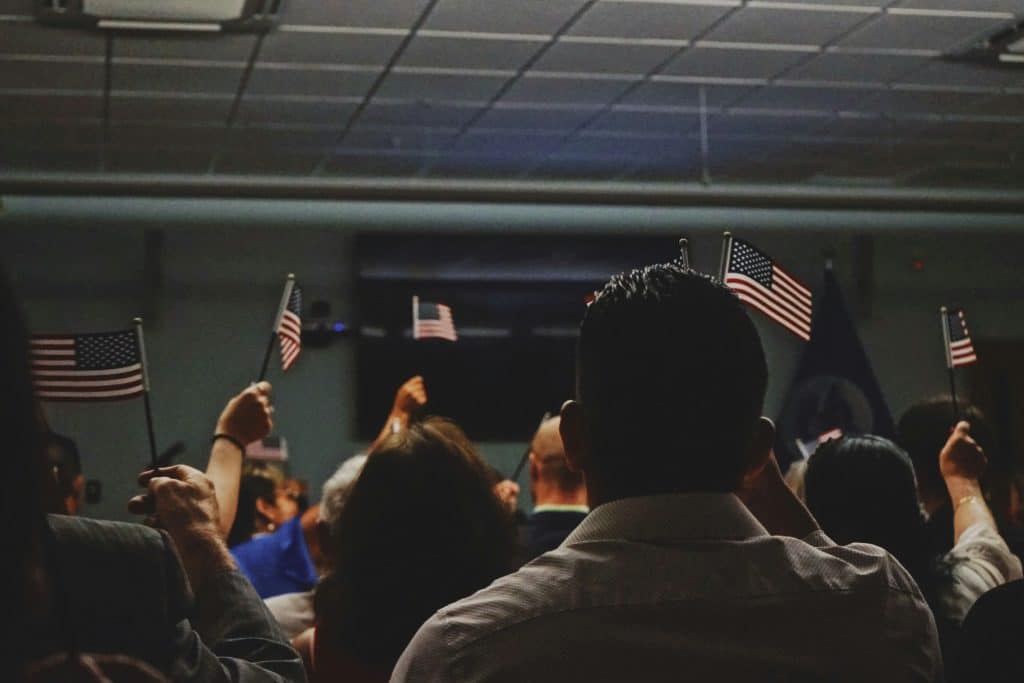
Immigration also changed tremendously. After 9/11, the U.S. government introduced stricter visa requirements and enhanced background checks. The attacks reshaped how countries across the globe approach immigration, with a greater focus on national security. For many travelers and immigrants, the visa process has become an uphill battle, and background scrutiny is the standard for certain countries and professions. These policies laid the groundwork for later administrations to expand restrictions.
Under the Trump administration, immigration restrictions have ramped up, most notably via broadly expanded travel bans and intensified deportation efforts. For example, a June 2025 proclamation forbade entry for nationals of 19 countries across categories, including tourists, students, and workers. This builds upon and far exceeds Trump’s earlier bans in 2017 targeting seven Muslim-majority nations. With travel bans, heightened enforcement, and increased deportations disproportionately affecting Muslim, Latino, and immigrant communities, post-9/11 logics of suspicion and exclusion have escalated.
Increased Awareness of Islamophobia
One of the most unfortunate impacts of 9/11 has been the rise of Islamophobia, which continues to influence conversations about race, religion, and terrorism today. For many, the attacks led to a greater fear of Mislins and Middle Eastern people, which resulted in racial profiling, discrimination, and negative representation in the media. Trump’s rhetoric and policies, from the so-called “Muslim ban” in 2017 to his continued framing of immigrants as threats, have helped revive and amplify Islamophobic attitudes that took root after 9/11, furthering discrimination.
The Global War on Terror
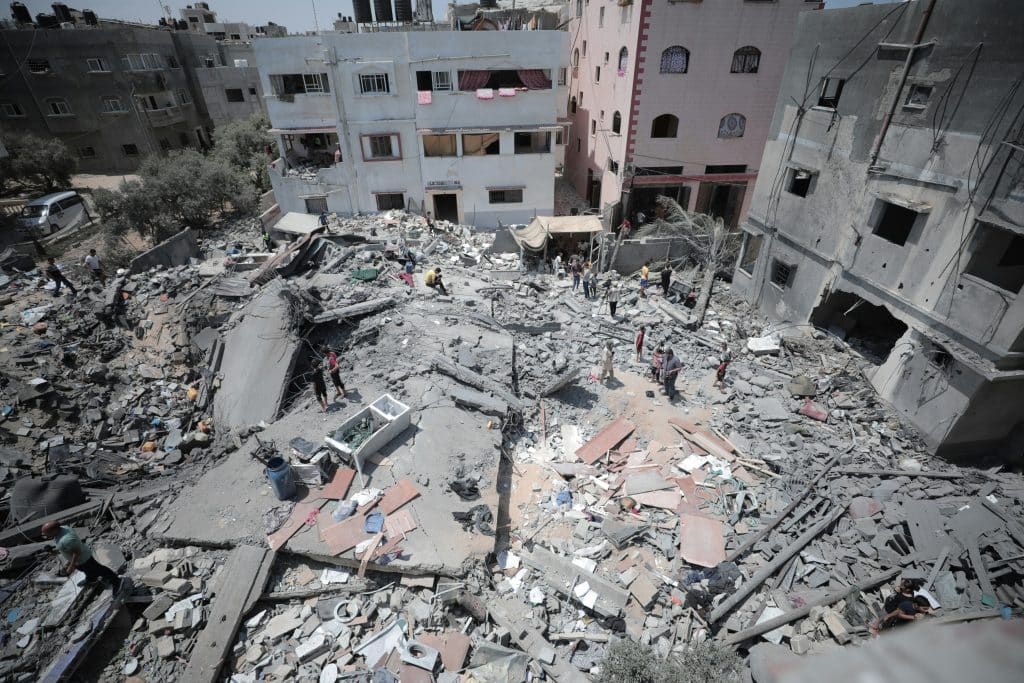
9/11 also led to the start of the War on Terror, which included the invasion of Afghanistan and Iraq. These military engagements shaped the political landscape for years, affecting not only U.S. foreign policy but also global politics. The consequences of these wars are still felt today, with veterans and impacted regions still dealing with the long-term effects.
Changes to Urban Architecture and Emergency Response
The collapse of the Twin Towers brought a lot of attention to vulnerabilities in building designs and emergency response systems. That gave way to new regulations to improve the safety and evacuation procedures of skyscrapers and public buildings. Modern urban architecture now considers potential terrorist attacks in its planning, with reinforced structures and security measures. Nationwide, agencies like NIST made many recommendations leading to changes in building codes, fire safety standards, and emergency response protocols to better protect occupants and first responders from catastrophic events.
More Rigorous Security in Public Spaces
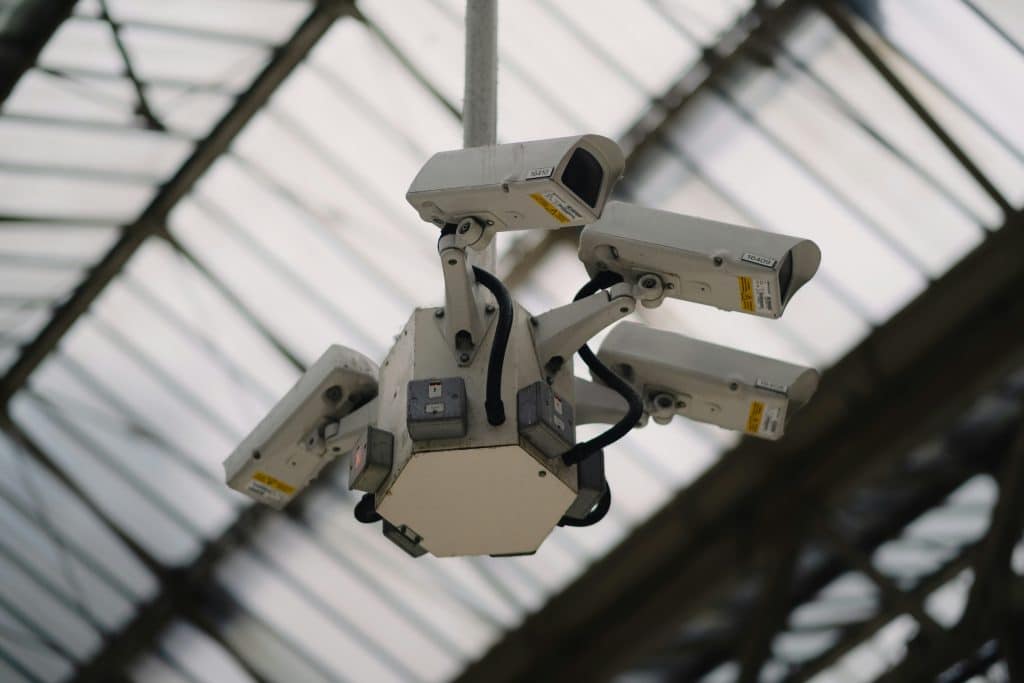
Beyond airports, 9/11 changed how security is approached in public spaces like concerts, stadiums, and government buildings. Metal detectors, bag checks, and even facial recognition technology are now commonly used to prevent attacks. This heightened security is one of the things we’ve become very accustomed to, but it’s a direct response to the vulnerability that the 9/11 attacks exposed.
Airport pat-downs have evolved into militarized responses at protests and immigrant raids in workplaces and homes. Under Trump, federal agencies have blurred the line between counterterrorism and domestic enforcement, often targeting communities of color. For example, the Trump administration deployed National Guard troops and Marines to assist during ICE protests in June 2025. A federal judge ruled these actions violated the Posse Comitatus Act, which forbids deploying the military for domestic law enforcement without authorization.
Community Resiliance Morphed Into Community Isolation
Perhaps the most profound impact of 9/11 is the resilience it inspired. The unity, compassion, and determination that followed the attacks changed how communities respond to tragedy. The phrase “Never Forget” is more than a call to remember the day; it’s a reminder of the strength that people can find in extremely difficult times.
While 9/11 may seem like a distant memory, its consequences are still unfolding in ways many likely didn’t imagine. The policies of today show that the divisions and fears born in 2001 continue to shape how we live, who is targeted, and whose safety is prioritized. Remembering 9/11 honors the past, but it’s also a reminder of how national unity has transformed into isolation, division, and extreme xenophobia playing out in real time.




